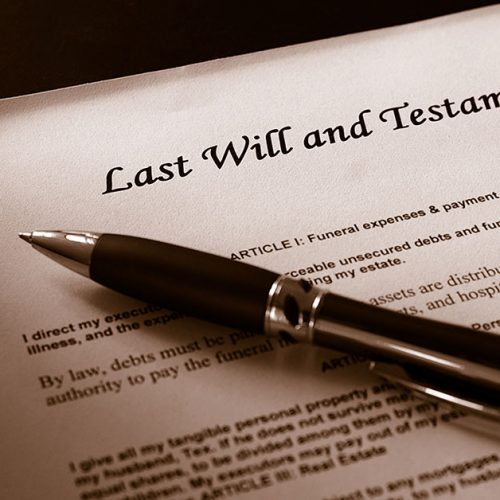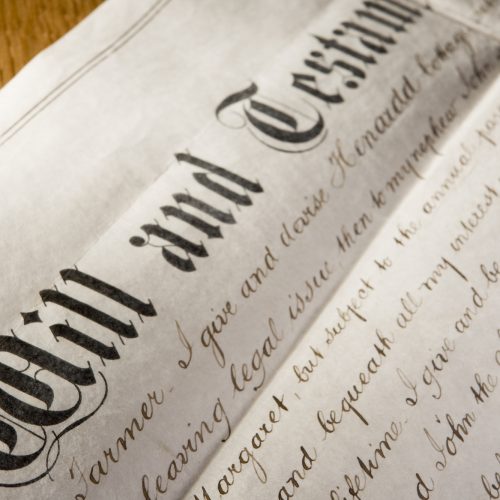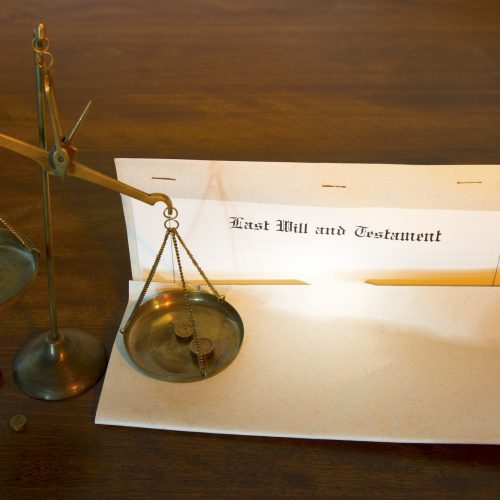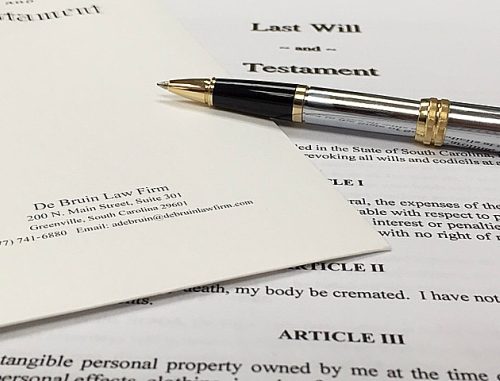5 Common Mistakes To Avoid When Planning For Your Family’s Future
In their twenties and thirties, the last thing most people are thinking about are what will happen to their assets after they pass away. However, it’s never too early to think about estate planning, even if you don’t feel like you have much of an estate to plan at this point. Unfortunately, there’s a lot of confusion over how to properly execute estate planning as well as tactics that can help your estate save money over the long term. At De Bruin Law Firm, we understand how instrumental an estate planning attorney can be to the security of your family, and we strive to handle each case with a personal touch. To that end, we’ve gathered up some of the most common mistakes that people make when they try to execute this legal process on their own.
Not Knowing The Difference Between An Estate Plan And A Will
Lots of people know that they should have a last will and testament to ensure their wishes are carried out after they pass away. Not everyone realizes a will is only one part of the puzzle. While both are estate planning devices, they serve very different functions when it comes to your family’s future. Basically, a will is one element of a complete estate plan. Other essential elements include a power of attorney, an advanced directive, and, for some people, trusts that will benefit children, grandchildren, a favorite charity, or even a family pet in the future.
Not Planning For Disability
Even those who are familiar with the elements of a good estate plan can become hyper-focused on structuring this plan to be executed after their death. There are other reasons to have an estate plan in place, however, included unexpected disability. Physical limitations that make it impossible to work, care for your family, or take care of your property also leave your estate at risk.
Not Giving Enough Money Away
While it’s important to make good investments so that your wealth is secure for your dependents in the future, waiting until you’ve passed away isn’t always the best way to bequeath it. According to the Internal Revenue Code, gifts up to $13,000 a year per spouse may be excluded from estate tax. This has two benefits, a) you avoid giving your hard earned income to the government and b) you are able to see the benefits of your gift in the lives of individuals you gift to while you’re still alive.
Not Choosing The Right Person To Manage Your Estate
As we mentioned previously, a comprehensive estate plan includes several different types of documentation, including your selection for power of attorney. This position should only be awarded to a person that you can trust to act in your best interests in the event that you’re disabled or pass away. This person should be provided with as much information as possible about your wishes so that they can execute your will accurately.
Not Enlisting The Services Of An Estate Planning Attorney
As you can see, estate planning isn’t a chore that should be taken lightly. It has powerful implications for yourself, should you be disabled, as well as your family and causes you care about. The best way to make sure you’ve constructed a comprehensive plan for your future is to consult with a qualified estate planning attorney.
De Bruin Law Firm has been helping South Carolina families secure their future for many years. Don’t make these mistakes! Contact us for a consultation today.










